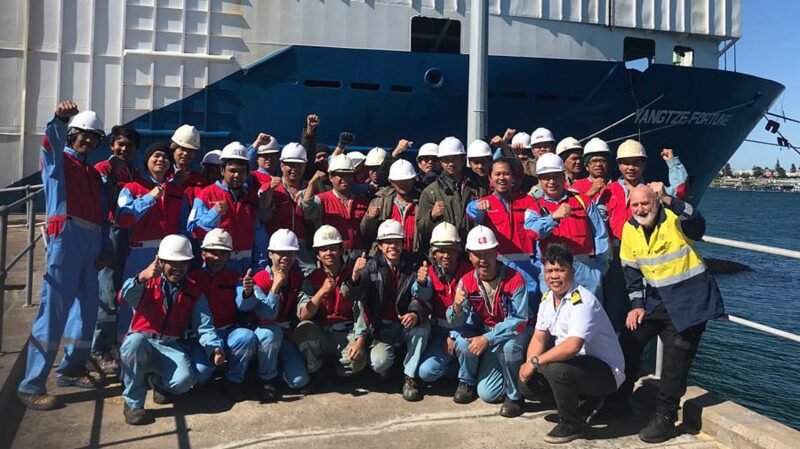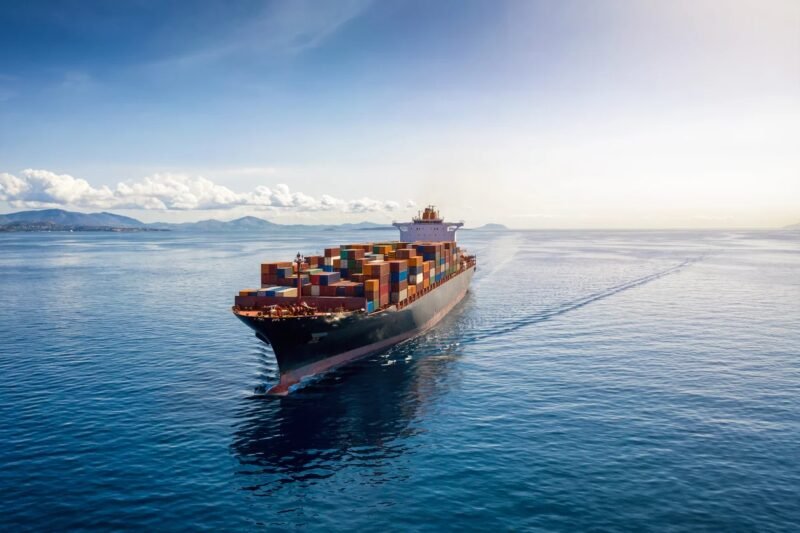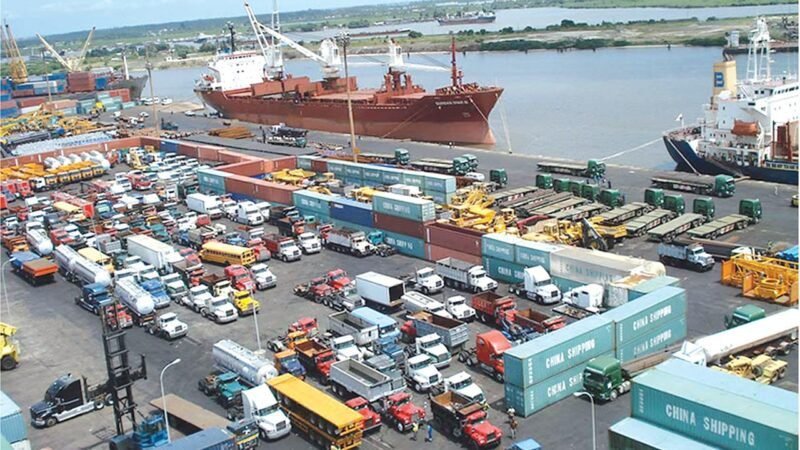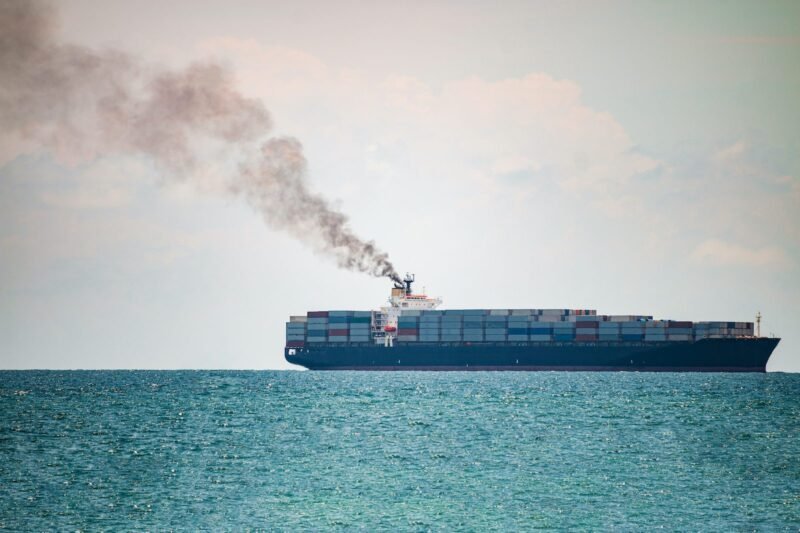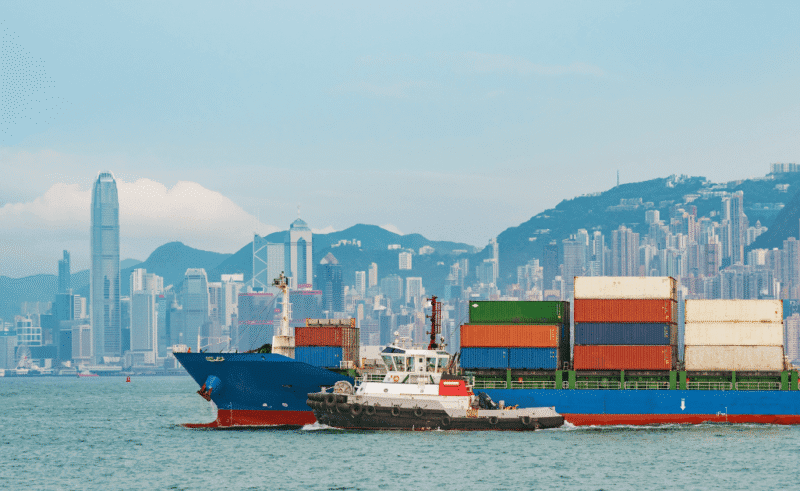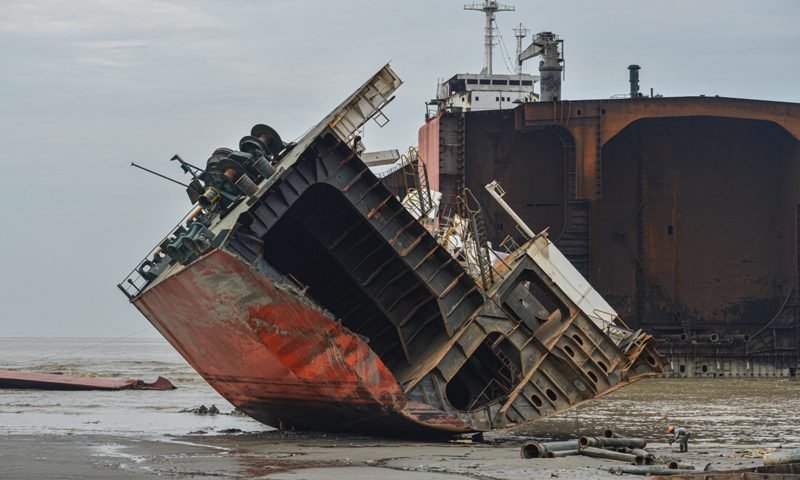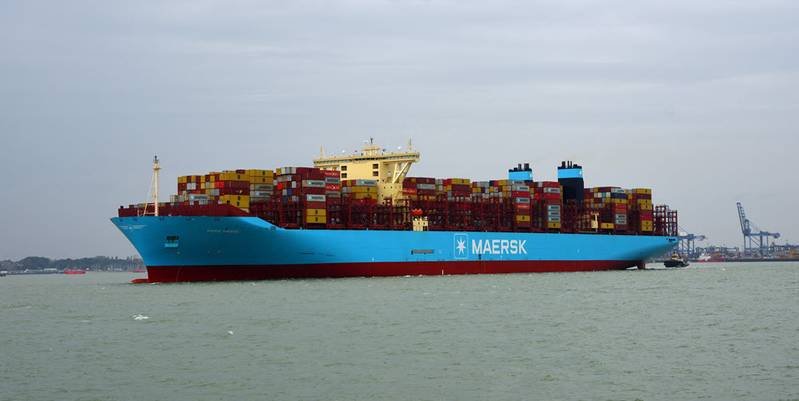Companies going bankrupt and workers losing their jobs is a common occurrence in capitalist societies. However, abandoned ships present a different scenario. When a ship is left in a foreign port with no means of support, dwindling food supplies, and services gradually shutting down, it signifies a complex situation where the owner seemingly vanishes.
Each abandoned vessel represents a web of human complexity as the crewmembers, who may have gone unpaid for months, find themselves in a precarious situation. They may have to rely on welfare agencies or charity for support while lawyers navigate the legal complexities surrounding the abandoned ship. The crewmembers are left in a state of uncertainty and vulnerability as they wait for a resolution.
The abandonment of ships not only impacts the crewmembers but also raises questions about accountability and responsibility within the maritime industry. It highlights the challenges faced by those who are left behind when a ship is deserted, emphasizing the need for better regulations and safeguards to prevent such situations from occurring in the future. Abandoned ships serve as a stark reminder of the human cost of negligence and irresponsibility in the shipping industry.


